.jpg)
In most developing countries, sustainable land management (SLM) opens up major opportunities for both the environment and the people who depend on it. SLM enables farmers to intensify existing land more sustainably, enhancing productivity without degrading land resources. It also ensures improved management of agroecosystem services across production systems, reduces pressure on natural resources, and helps improve and sustain economic productivity and environmental sustainability. For many countries, the challenge of achieving SLM comes down to short-term profit over long-term sustainability. Decision-makers, for example, will often replace natural forests with plantations or farmland. Those ready to adopt SLM approaches may face economic, institutional, or other kinds of barriers, and lack the knowledge and technology innovations to overcome them.
The three Rio Conventions have overlapping concerns regarding biodiversity loss, land degradation, and deforestation, including implications for livelihoods and food security. Through the adoption of SLM, countries can implement the conventions in a collaborative way that addresses climate change, introduce renewable energy technologies, and combat deforestation.
.jpg)
Effects of SLM in Africa:
Sustainable land management practices and their upscaling in Sub-Saharan Africa are essential for various reasons – but the most basic is to sustain and improve livelihoods while protecting the land’s resources and ecosystem functions. The economies of most African countries rely heavily on agriculture and other land and land-based activities such as tourism, mining, and livestock production. Indeed, these are the core activities through which African countries participate in the global economy. Moreover, land is key to food security and the social-cultural needs of most African communities. It has also been established that the performance of most sectors of the economies of African countries is indeed tied to that of the land sector. In most developing countries, SLM represents a major opportunity for sustainable intensification of existing farmlands, leading to sustained productivity. It also ensures improved management of agroecosystem services across production systems, reduces pressure on natural resources, and helps improve and sustain economic productivity and environmental sustainability.
.jpg)
Real Value of Land
The land is the true wealth of Sub-Saharan Africa. The region is characterized by a very rich diversity of natural ecosystem resources, including soils, vegetation, water, and genetic diversity. Together, these assets constitute the region’s main natural capital, supplying food, water, wood, fiber, and essential ecosystem services and functions – as well as the components of industrial products. And they must be maintained, to support African populations into the future. It is also from the land that 60 percent of the people directly derive their livelihoods – from agriculture, freshwater fisheries, forestry, and other natural resources.
However, African land and water resources in some areas are seriously threatened through overuse, despite per capita availability being one of the highest in the world. This is a direct result of the increasing needs of a growing population, combined, often, with inappropriate land management practices. With Africa’s population growing at over two percent a year, food production must double by 2030 to keep pace with demand.
In summarizing, the CSM expertise has successfully developed the Integrated land management information system (ILMIS) with an end-to-end automated hassle-free solution in Auric city of Aurangabad (India’s 1st Greenfield Industrial Smart City in DMIC) & Addis Ababa City Administration, Ethiopia. This has enabled efficient land management with real-time information, reduced TAT &more transparency facilitating investors with ease of doing business. ILMIS offers paperless & contactless transaction that helps lessen the burden of multiple points of interaction with land administration and development authorities.
Looking Ahead
It is desirable to have properly georeferenced land records data and its integration with other land parameters for planning and decision-making. It is important that cadastral survey using latest technology may be done for the entire country. Disputed cases in land titles should also be decided at the earliest. Computerization process should integrate registration of land titles. Land laws/mutation process should be simplified for easy and fast implementation of computerization.










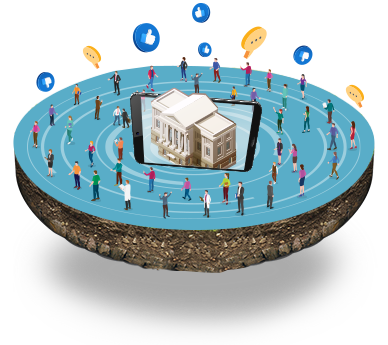






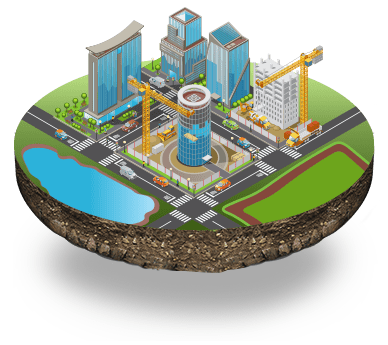

















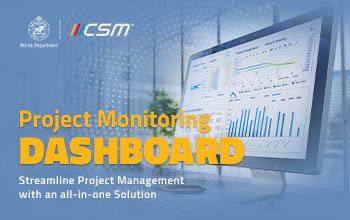

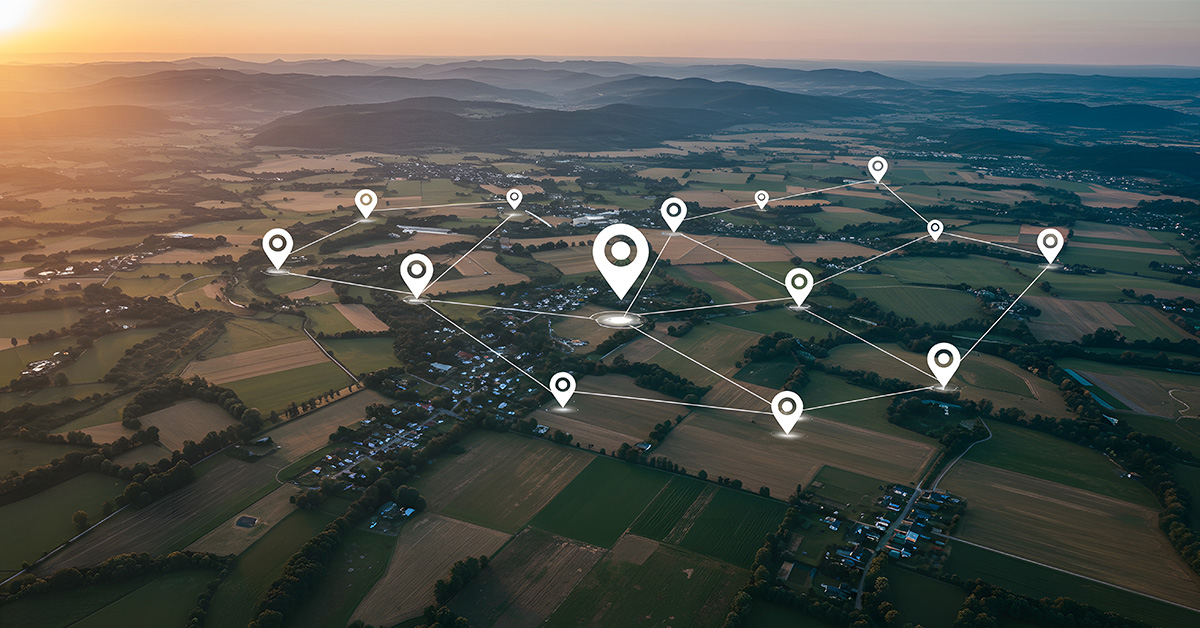


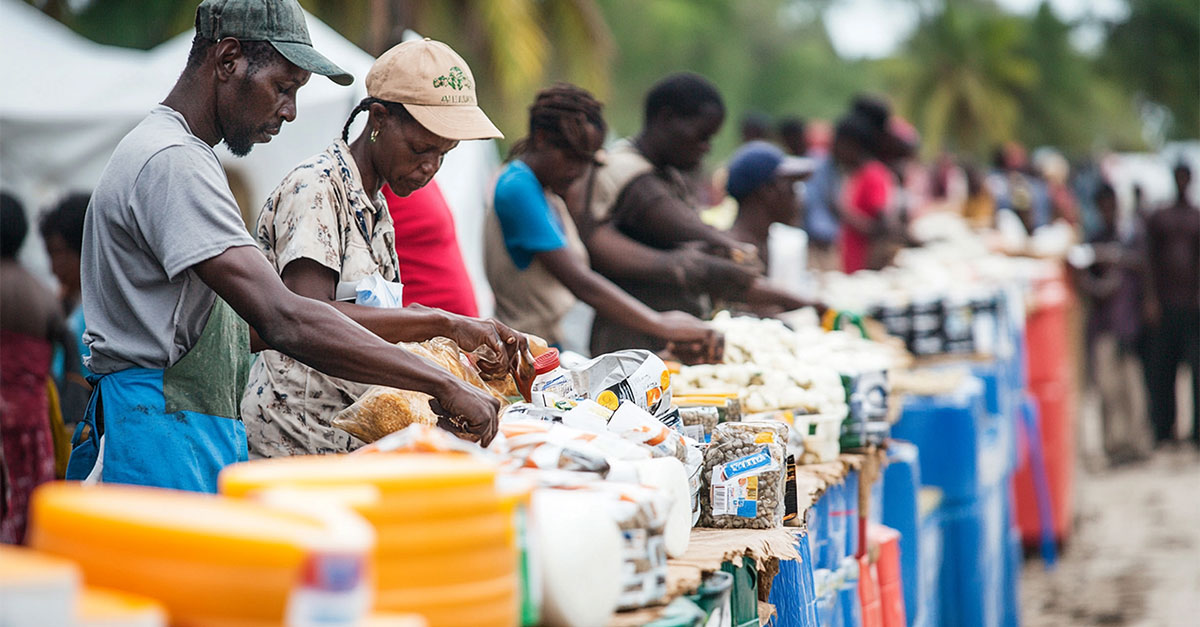



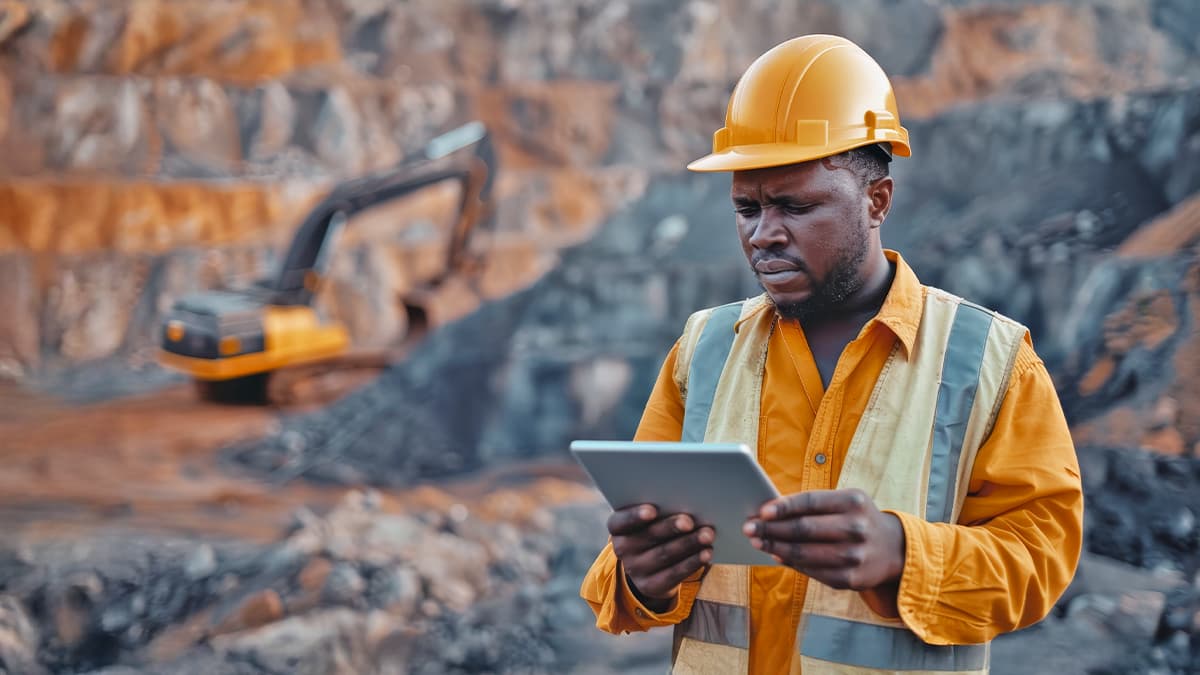













We will verify and publish your comment soon.